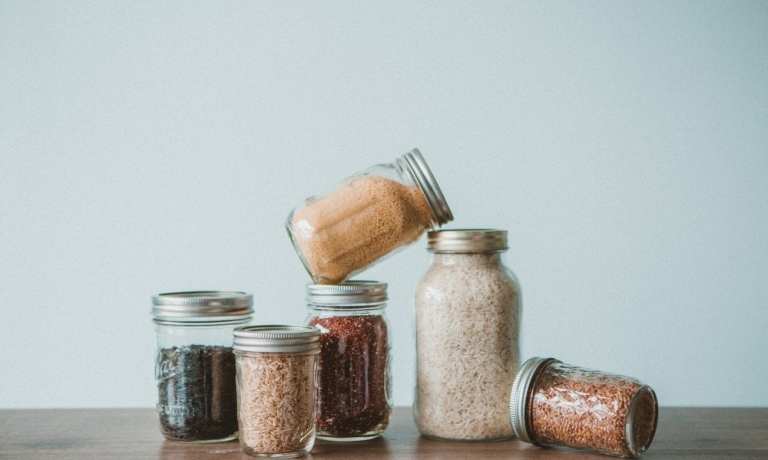Building An Eco-Friendly Grocery Delivery Business With Reusable Containers

To help consumers to order produce and household staples in an environmentally friendly way, startups are offering grocery deliveries through reusable containers and bicycles. The Wally Shop, in one case, is “a grocery delivery service that uses entirely reusable packaging that’s picked back up again for reuse,” Founder Tamara Lim told PYMNTS in an interview. The eco-friendly service is “a whole new way to essentially shop without having to compromise on convenience or selection or price,” Lim said, adding that the company doesn’t work on a subscription business model.
Shoppers can begin using the website by typing in their ZIP codes to see if they are in the company’s service area. If they are within the company’s geographical range, they are prompted to sign up and shop as they would at any other website. Shoppers, in turn, then build their baskets. Lim noted that the prices on the site reflect what her startup pays when it shops at the store. (The company also has a pop-up to tell customers about this pricing model.) Lim’s company charges a 5 percent convenience fee along with a delivery charge that depends on whether an order is over or under the $35 threshold.
As part of its environmental sustainability efforts, however, the company charges a deposit on each unit of packaging that it uses. Customers receive that deposit back in the form of store credit on a future order. Moreover, if customers are consistently making purchases and earning credits, Lim said they theoretically never have to pay for packaging. For payments, the company accepts credit and debit cards through Stripe and plans to start taking PayPal and Amazon Pay soon. The company also offers gift cards, a feature based on a customer request that came in the week before Christmas.
An individual who didn’t live in New York but had a close friend in Brooklyn wanted to send a gift card. Since Lim said the company is customer-oriented, it built out the feature. While it’s an experimental feature, Lim believes she will keep it. At the same time, Lim noted that her company doesn’t carry inventory on its perishable products. Instead, the company shops for those products — such as vegetables and bulk items — on the day of delivery at farmers markets and local natural bulk shops. The selection is also limited to local, organic or fair-trade products.
Market And Logistics
Aside from fruits and vegetables, the company’s selection includes items a shopper would need in the pantry such as salt, flour, baking soda and steel-cut oats. The company also offers bread and deli products such as sauerkraut, pickles, and olives. Vegetables, as well as fruits, are delivered in organic cotton mesh bins, while items such as baking soda, salt, and finer grains come in glass Mason jars. And for deliveries, the company uses electric bikes with flatbed trailers. Each bike is capped at about four orders per trip, so the couriers hit about four stops within a 2-hour time frame.
In addition to delivering groceries, the couriers pick up the packaging, so they don’t have to make extra trips. And, since all of the couriers are doing a return trip, “It’s not really an added cost for us,” Lim said. At the same time, she noted that it was important for the company to keep delivery in-house. The in-house team is like family, Lim said, and customers can inform them about any questions they have. Lim also said that it delights customers to see the same courier again and again.
Lim sees her customers as people between the ages of 24 and 35 who may go to the farmers market from time to time on the weekend as a leisurely activity on a Sunday. Likely a creative and living in Brooklyn, N.Y., that customer is also someone who feels empowered and wants to shop based on values or ethics. Lim sees her service as something that is old but new again. The milkman, for instance, used to come and deliver milk in glass bottles and take away the empty containers. Lim sees her service is almost resembling what the milkman did at a larger scale and built on present-day technology.
The Wally Shop isn’t the only delivery service using this model in the digital age: Beyond New York City, Doorstep Dairy is just one firm that offers regional delivery service . The company, which is focused on local products in Pennsylvania, delivers items such as produce, milk and baked goods that consumers might be hard-pressed to find through other merchants. The company’s team travels to bakeries and local farmers to pick up products before delivering them to customers (in three of Pennsylvania’s counties as of last year), suggesting that grocery delivery services are beginning to take shape in cities and rural areas alike.